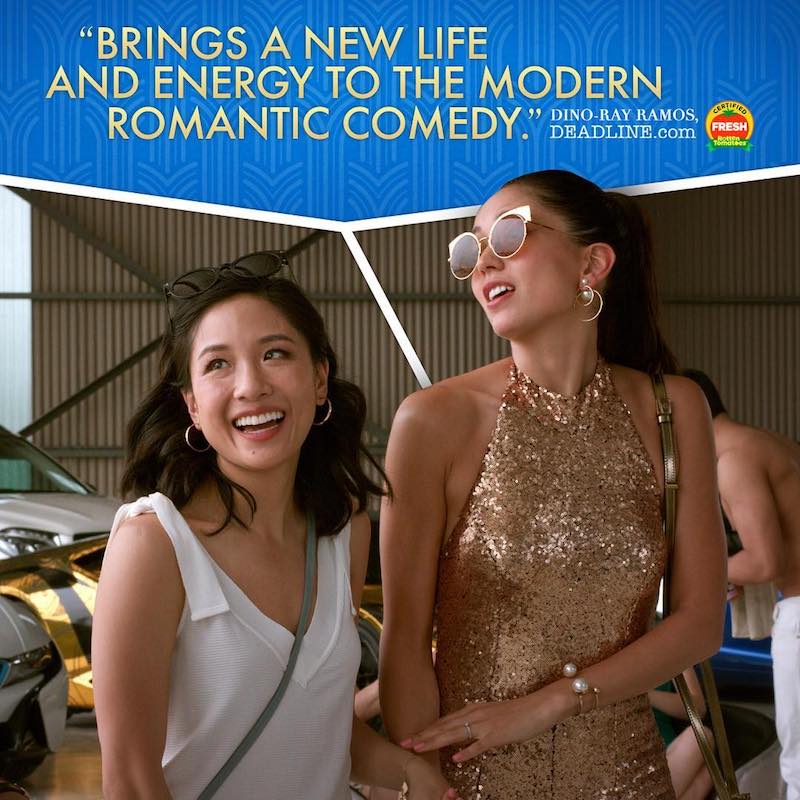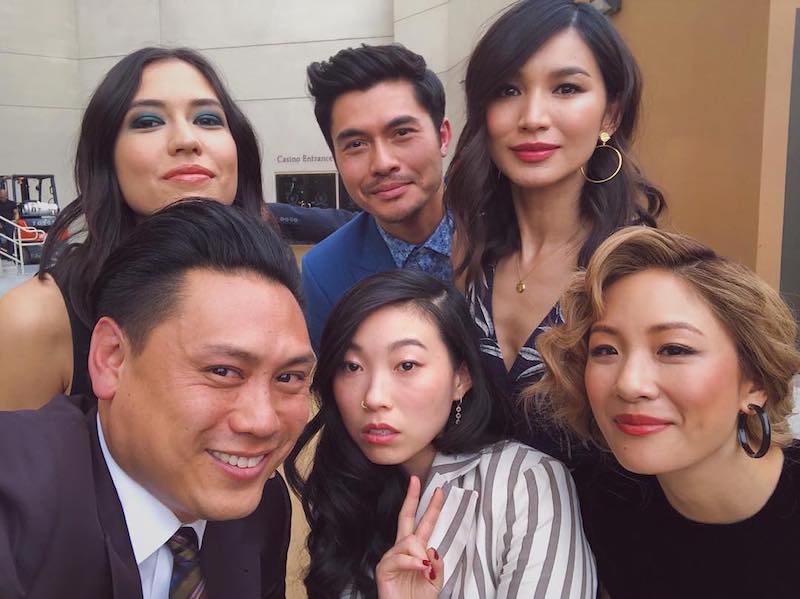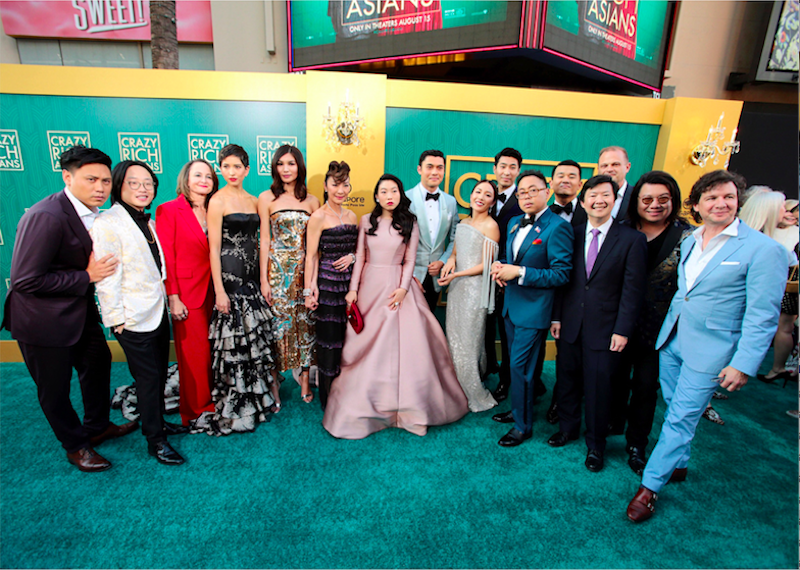How The Wealth in ‘Crazy Rich Asians’ is Really a Symbol of Western Dominance
I watched the movie “Crazy Rich Asians” in the afternoon of its opening day. As the first movie in a quarter century with an all Asian cast breaking through the bamboo ceiling of Hollywood representation, it lived up to the hype. It was a surreal and awesome experience to see Asians in an American movie portrayed as real people for once, people who can be funny, witty, mean, kind, and yes, sexy too, without the exoticizing orientalist tropes that characterized the “Joy Luck Club,” a movie that is often held as a comparison, but thankfully, to which it had little resemblance. The movie represented Asia in a way that I have known it. A place of great modernity and extravagant wealth, full of highly intelligent, confident and powerful people, so far from the almost ridiculous depictions of Asia as an overgrown and chaotic Chinatown that recur incessantly in Hollywood, undoubtedly from the imaginations of screenwriters who are obviously deeply ignorant of the place.

However, while the movie was definitely a refreshing trendsetter and proof that, along with “Black Panther,” movies with minority-led casts can break box office records, the argument that the movie symbolizes a newly dominant Asia falls short. As a student of history who has actually read the original book, it is quite clear that even though the characters in the book are wealthy and powerful, the social parameters that the movie dictates are more indicative of the immense historical dominance of the West than of the East.

Imagine, if you will, watching a movie depicting White people showing off their Mandarin in a Beijing accent, having their Buddhist study sessions interrupted by salacious gossip, competing among themselves to adorn their bodies with the latest fashions from Seoul or Shanghai, or boasting about their educations from Tsinghua University. The fact that this description sounds ridiculous simply illustrates how much it is taken for granted how dominant the West and its cultural institutions have been for the last several centuries, and particularly in deeply colonized societies such as Singapore, where Kevin Kwan, the author of the book, hails from.

It appears that only by adopting the parameters of Western success, British accents, French lessons, the unabashed devotion of Italian luxury brands, is the movie “Crazy Rich Asians” able to demonstrate that Asians have “finally made it.” However, in doing so, it only demonstrates just how far behind Asia lags behind the West in creating institutions of “soft power,” in the form of culture and social status, and how much Asia often invests its newly earned “hard power” in buying into the symbols of Western soft power whether that comes in the form of a Rolls Royce or a degree from Yale.

I am certainly a fan of the movie, an achievement I consider uplifting for all Asian Americans and a groundbreaking opportunity for Asians to finally shatter old stereotypes and enter the mainstream American consciousness as complete and well-rounded human beings. However, in as far as the rise of Asians are measured primarily by the adoption of Western high culture and couture, “Crazy Rich Asians” is as much a story about the prevailing dominance of the West in Asia, as it is about the rising success of Asia.
About the Author: Frederick Kuo is a published San Francisco-based writer, UCLA graduate and owner of local real estate brokerage Amber Rock Properties. His writings focus on economics and geopolitics within a social and historical context and have been published on Asia Times, Quartz, Citymetric, the San Francisco Examiner and much more. His published works can be viewed on Amberpen.com.
The post How The Wealth in ‘Crazy Rich Asians’ is Really a Symbol of Western Dominance appeared first on NextShark.
✍ Source : ☕ NextShark
To continue reading click link or copy to web server. :
(✿◠‿◠)✌ Mukah Pages : 👍 Making Social Media Marketing Make Easy Through Internet Auto-Post System. Enjoy reading and don't forget to 👍 Like & 💕 Share!



















Post a Comment